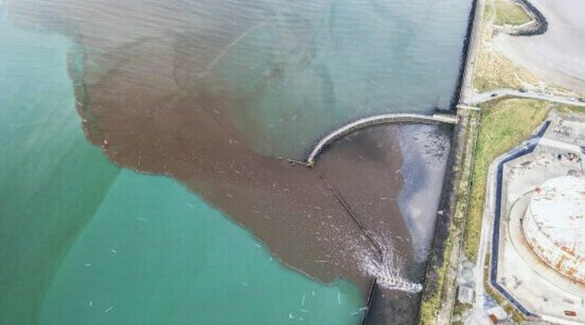Investigating the Viability of Developing an E. Coli Alert Data Service

E. coli Alert Data Service
TechWorks Marine have commenced a project, funded by the European Space Agency, to investigate if Escherichia coli (E. coli) events in coastal waters can be detected using satellite data. The aim of this project is to investigate the viability of developing an E. coli Alert Data Service for environmental agencies and local authorities. This will be carried out via the development of an analysis method for the fusion of in-situ and satellite data.

Project Rationale
Information on global coastal waters polluted by E. coli has a high societal and economic value. E. coli infection can cause serious symptoms, particularly in children. All water users near locations where sewage is discharged into the sea are at risk, particularly bathers and those doing water sports. The local economy is also affected when the area is shut (e.g. suppliers of food, tourism, transport).
In the case of Ireland, the city and county councils are responsible for alerting local communities when an increase in E. coli is measured locally. They are obliged to restrict access to local bathing areas when the water has been contaminated. However current measurements are made, at best, on a weekly basis at a limited number of locations and it takes approximately 48 hours to obtain the results from an individual measurement, during which the local community may be at risk.
Project Aims
Identify E. coli Events
Establish the probability of identifying E. coli events through a combination of statistical analysis, hydrodynamic models, and satellite data, with the long term aim of providing a service to alert clients of potential high risk events, in particular during summer months.
Develop E. coli Alert System
The first stage towards achieving this is to examine historical and current data to determine if relationships can be established between localised measurements of E. coli plumes and multi-sensor satellite observations (optical, SAR, and thermal) associated with wastewater plumes.
